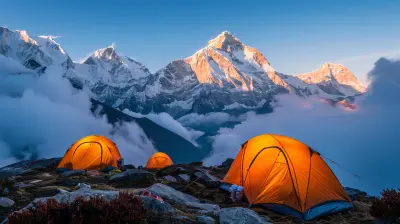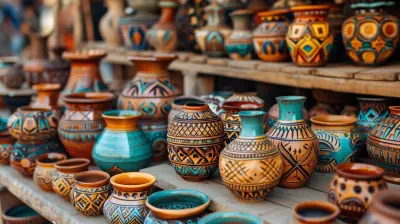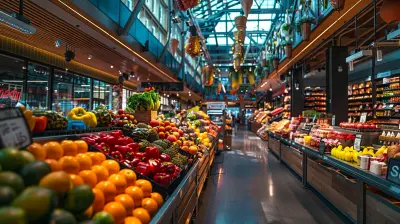How Cultural Festivals Bring Communities Together
1 November 2025
There's something truly magical about cultural festivals, right? The moment you step into one, the air transforms. It’s filled with vibrant colors, aromatic smells wafting from food stalls, rhythmic music from corners you didn’t expect, and a wave of smiling faces. But have you ever thought about what really makes these festivals so powerful beyond the fun and food?
At their heart, cultural festivals are more than just events—they’re bridges. They bring people from diverse backgrounds together, helping us build bonds, celebrate our differences, and find common ground. So, let’s dive deep and see exactly how cultural festivals bring communities together in the most beautiful, meaningful ways.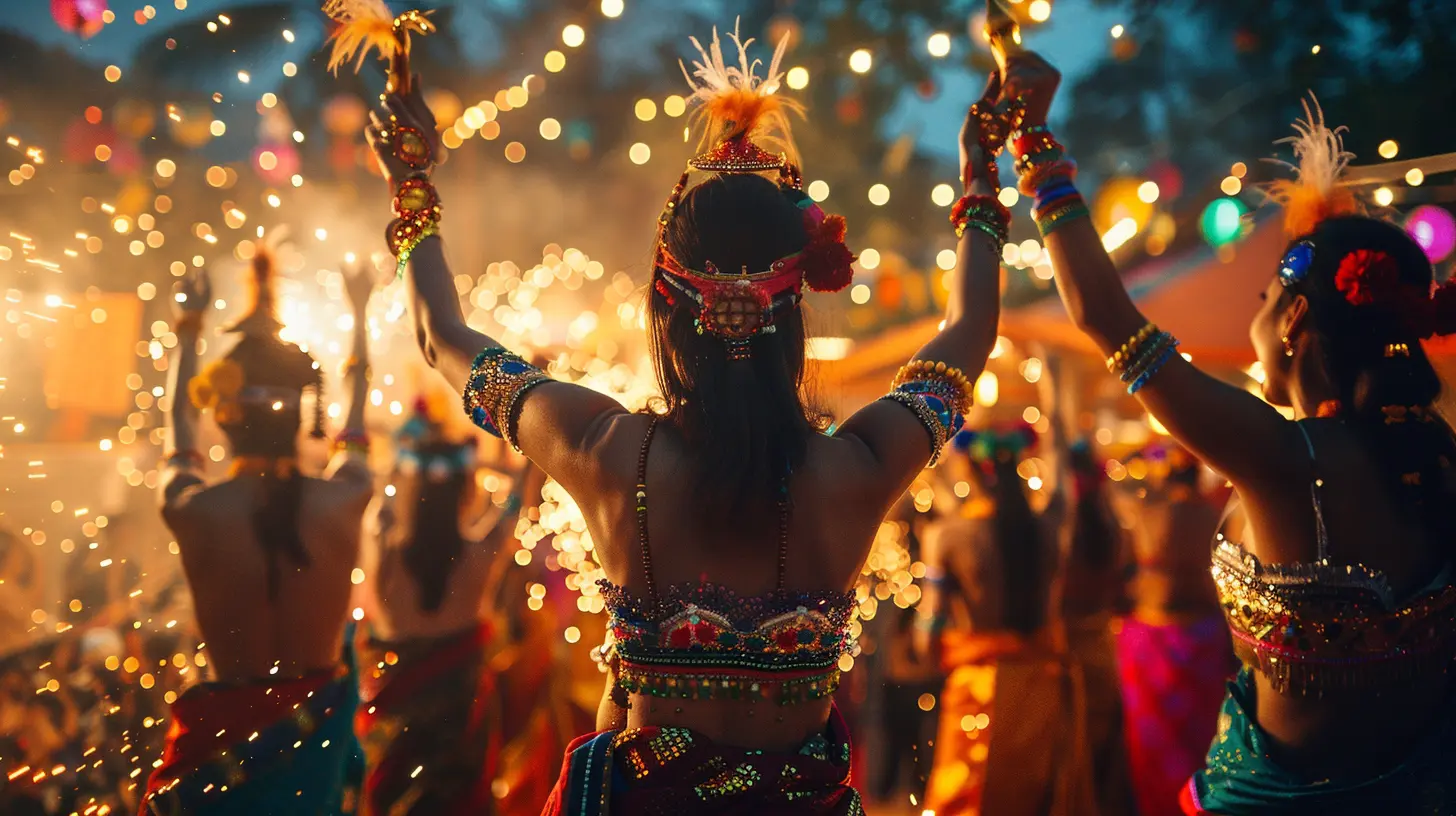
The Heartbeat of Every Culture: What Are Cultural Festivals?
Before we talk about how these festivals unite us, it’s worth asking: What exactly is a cultural festival?Cultural festivals are organized celebrations based on the traditions, heritage, and values of a particular community or group. They're about showcasing what makes a culture tick—its music, dance, language, customs, clothing, food, belief systems—you name it.
These festivals can be:
- Religious (like Diwali, Hanukkah, or Eid)
- Historical (such as Bastille Day or Independence Day)
- Seasonal (think of harvest festivals like Thanksgiving or Pongal)
- Traditional or Tribal (like Native American powwows or African tribal gatherings)
Regardless of the type, the essence is the same: they create a space where culture is celebrated openly, and everyone is welcome.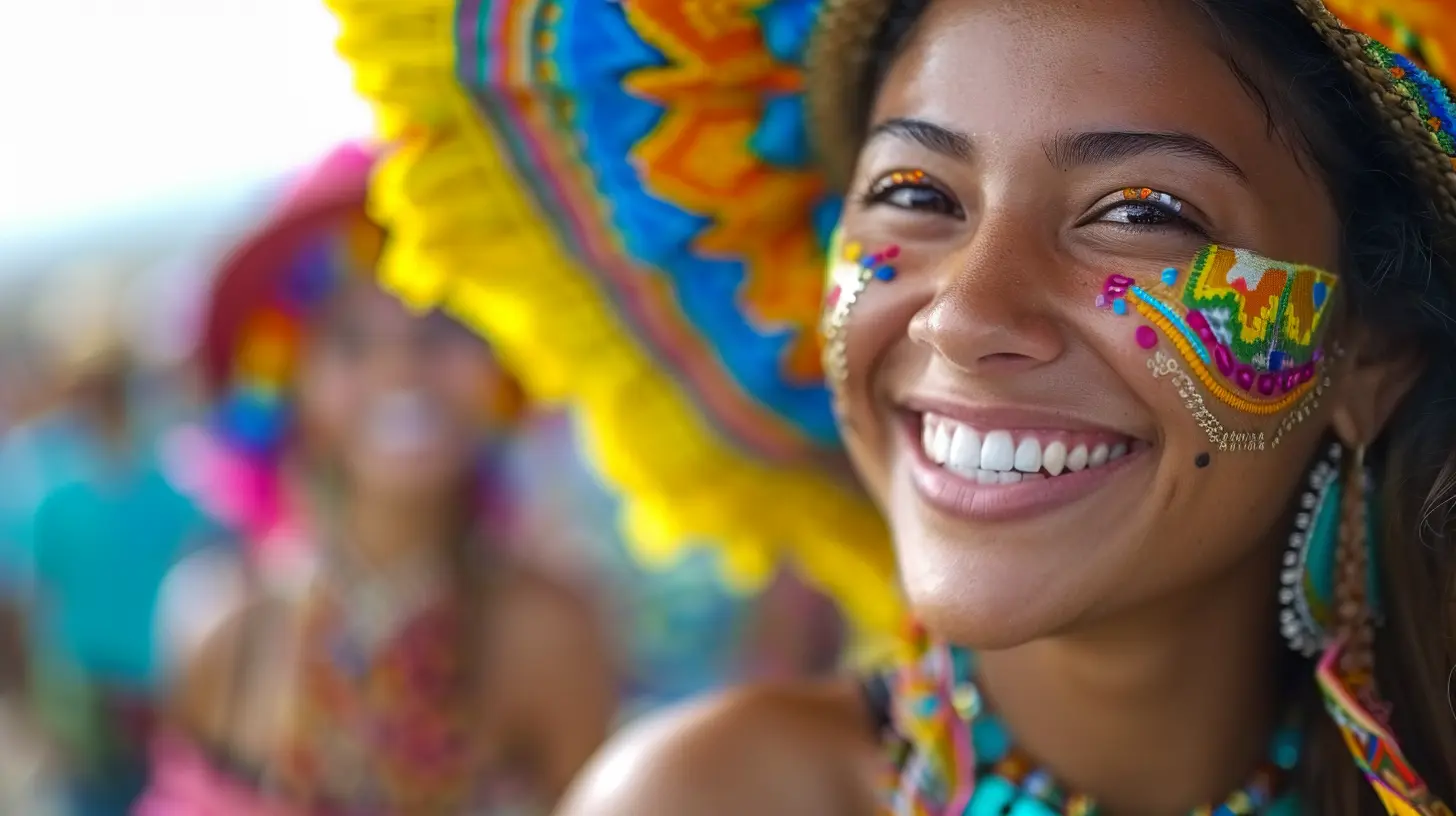
Festivals as Cultural Bridges: Why They Matter
We live in an increasingly global world—where your neighbor might be from halfway across the planet. Cultural festivals act like bridges connecting people who might not share a common language, religion, or background. And here's why they're so essential:1. They Break Down Walls and Build Understanding
Ever been to a festival that wasn't from your own culture? You probably learned a lot—without reading a single textbook.Cultural festivals allow people to experience unfamiliar traditions firsthand. When you dance to another culture's music, taste their cuisine, or admire their art, you're doing more than having fun—you're stepping into someone else's world. That's empathy in action.
Think of cultural festivals like edible history books or musical geography lessons. They teach without preaching.
2. They Create Spaces for Inclusivity and Belonging
Nothing brings people together like shared joy. At a cultural festival, the usual boundaries seem to disappear. People from every generation, race, and walk of life come together with one goal: to celebrate.For minority groups, these festivals become a powerful expression of identity. They say, “We’re here. We matter. Our culture deserves a place in the spotlight.” At the same time, there's an open invitation for others to join in the celebration. It’s inclusivity in its most joyful form.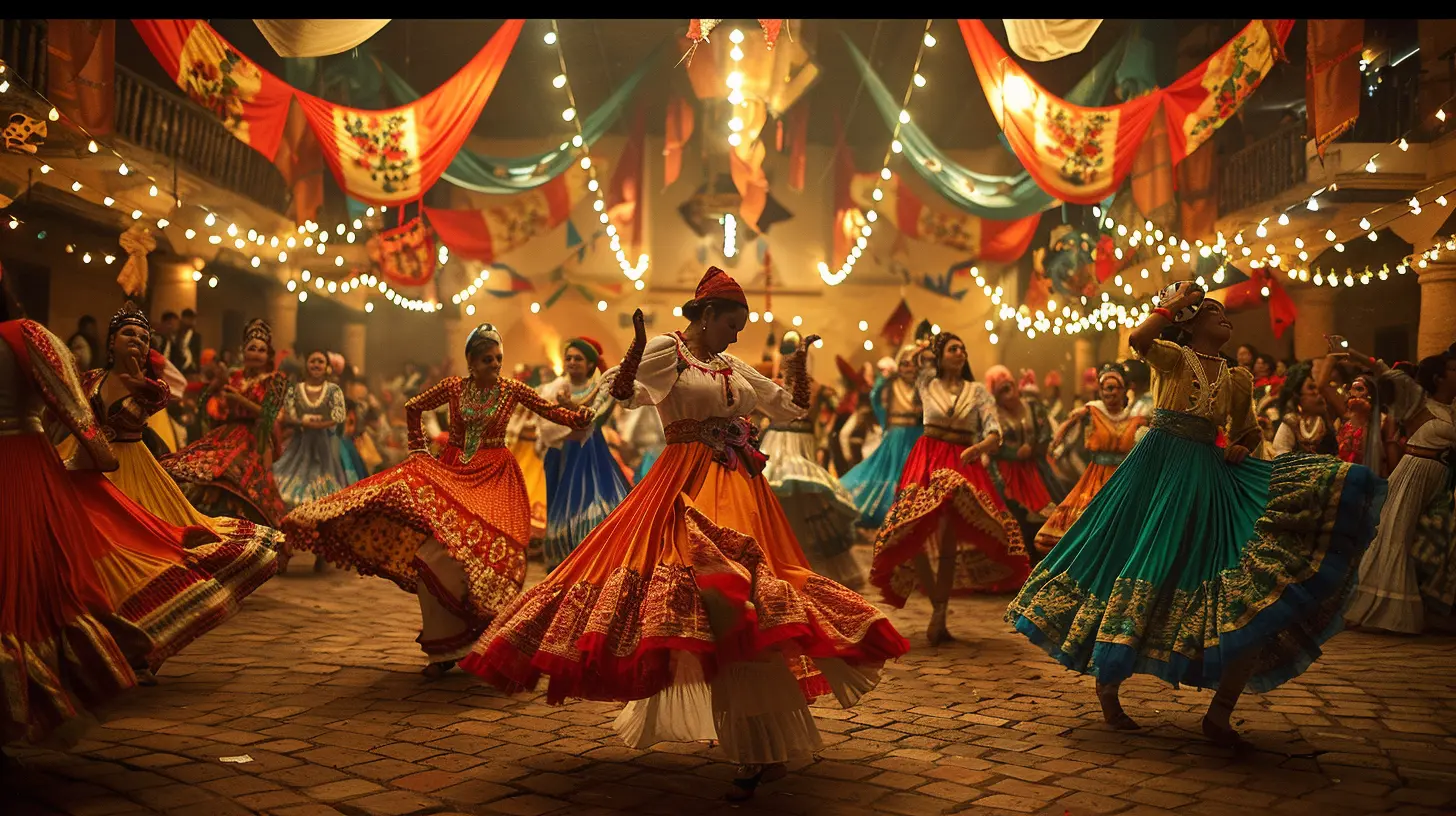
The Social Glue of Communities: Bonds Forged in Celebration
We all crave connection. Human beings are social animals, after all. Cultural festivals strengthen those social bonds in a few amazing ways.1. They Encourage Intergenerational Interaction
Grandparents dancing with toddlers, teens helping out at booths, and parents sharing family recipes—all of this adds up to something special. Festivals make room for stories, traditions, and wisdom to pass seamlessly from older generations to younger ones.It’s like stitching a cultural quilt, one shared memory at a time.
2. They Build Local Pride
When a neighborhood hosts a cultural festival, it’s not just about showcasing a tradition—it’s about putting a place on the map. Local artists, performers, and vendors get a platform. Communities take pride in their collective identity, and that pride radiates.Suddenly, people aren't just residents—they're proud ambassadors of their community.
3. They Strengthen Neighborly Bonds
You know that awkward silence in the elevator with your neighbors? After attending the same cultural festival, there’s a good chance that silence turns into a nod, then a smile, and eventually, a full-blown conversation. That’s how connections are made.We’re all longing for more real-world interaction, and festivals are perfect icebreakers.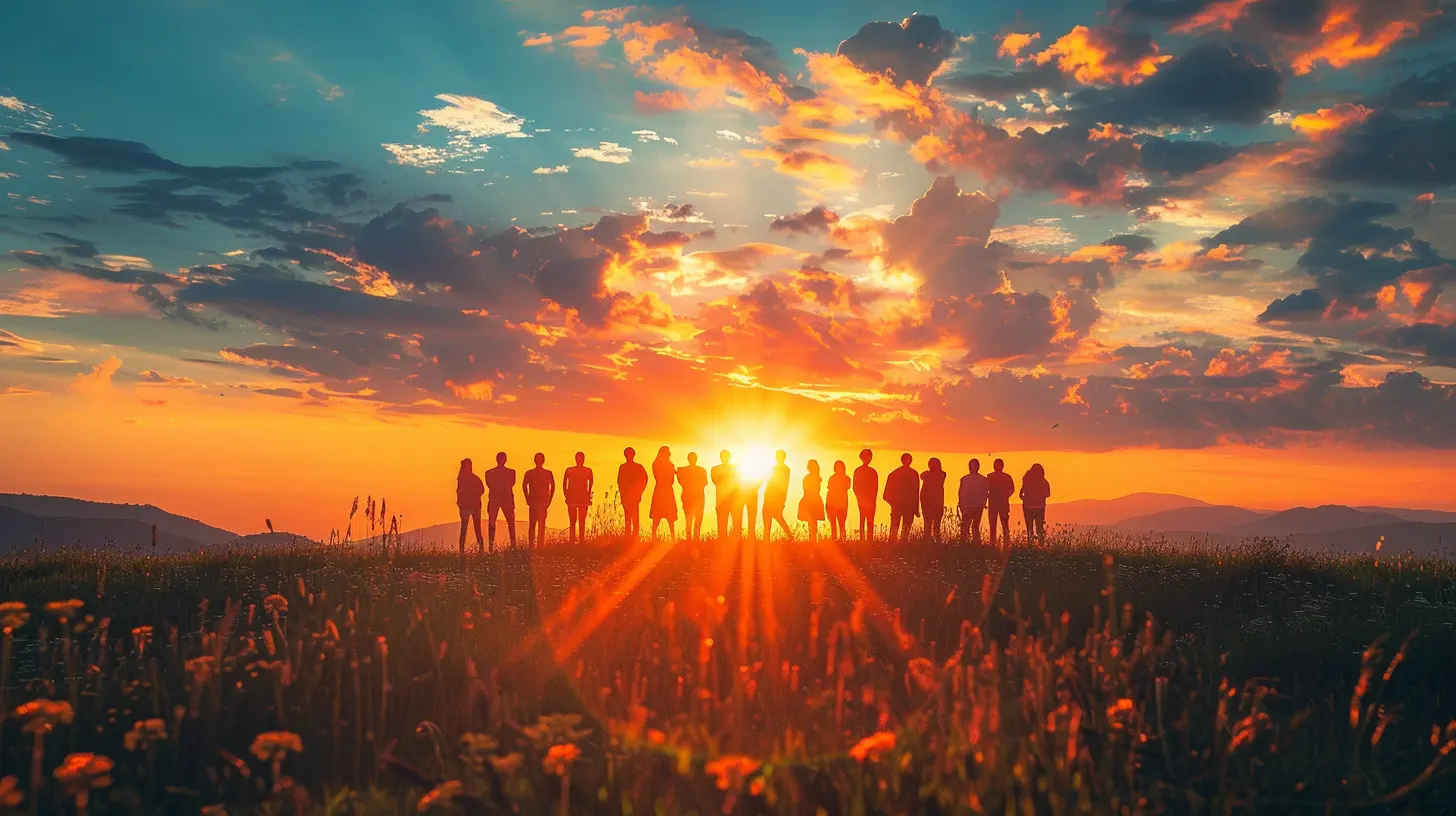
Cultural Tourism: Festivals as Community Builders and Economic Boosters
Cultural festivals don’t just bring locals together—they attract tourists too. And that has a ripple effect.1. Economic Upliftment Through Tourism
Festivals bring foot traffic to cities, towns, and even remote villages. Think about hotel bookings, local eateries, handicraft markets, tour guides, and even transportation services—all of them benefit.Cultural tourism is a major contributor to many local economies. When a festival becomes an annual attraction, it can even spark long-term growth in the area.
2. Preserving and Showcasing Local Heritage
When tourists attend cultural festivals, there’s an incentive to preserve traditional crafts, folk songs, native dances, and more. It’s like culture gets frozen in time—while also being shared widely.This helps younger generations feel connected to their roots, even as the world around them changes rapidly.
Examples of Festivals That Unite Communities Worldwide
Let’s look at a few real-world examples of how festivals are stitching communities together, one celebration at a time.1. Carnival in Brazil
With its electrifying samba music, vivid costumes, and massive parades, Brazil's Carnival isn't just a party—it’s a movement. It's about street-level inclusivity, where rich and poor, young and old, locals and tourists dance as one.2. Songkran Festival in Thailand
What started as a Thai New Year celebration has become a nationwide water fight. People splash each other not just for fun, but as a symbol of washing away bad luck and starting fresh. Everyone takes part—locals, tourists, monks, kids. It’s pure unity, wrapped in joy.3. Notting Hill Carnival in London
Celebrating Caribbean culture in the heart of the UK, this festival attracts millions each year. More than just music and dance, it symbolizes resistance, resilience, and the rich blend of cultures that define modern London.4. Gion Matsuri in Japan
Held in Kyoto, this festival dates back to the 9th century. Locals spend months preparing to build elaborate floats and traditional performances. The entire city gets involved—fostering teamwork, dedication, and shared pride in Japanese heritage.How You Can Be Part of the Cultural Festival Movement
Maybe you're wondering, "How can I join in if I’m not from that culture?" Here’s the good news: Cultural festivals are all about sharing.Be Respectful, Not Just Curious
Appreciating a culture isn’t the same as appropriating it. Enjoy the music, taste the food, wear traditional clothing if it's welcomed—but always do so with respect and a willingness to learn.Support Local Artisans and Vendors
Instead of just snapping photos for Instagram, buy handmade goods, eat at local stalls, and engage with the community. Your support means more than you might realize.Bring a Friend (Or Three)
Festivals are more fun when shared. Invite people who haven’t experienced different cultures before. You could be widening someone else's world, not just your own.Beyond the Celebration: Lasting Impact of Cultural Festivals
The music fades. The stages are taken down. The lights go out. But the impact of a cultural festival lingers.Friendships formed. Prejudices shattered. New interests sparked. Traditions passed on. These are the real souvenirs of a festival.
And each time a community comes together for a celebration, something extraordinary happens—it becomes stronger, tighter, more resilient.
Final Thoughts
At a time when the world feels more divided than ever, cultural festivals shine as powerful unifiers. They remind us that while we may speak different languages, wear different clothes, and follow different customs, we all love to celebrate. We all crave connection. We all want to belong.So next time you see a cultural festival happening near you, don’t hesitate—go. Dance. Eat. Celebrate. But most importantly, connect. You’ll walk away with more than memories—you’ll walk away a little more human.
all images in this post were generated using AI tools
Category:
Cultural FestivalsAuthor:

Winona Newman
Discussion
rate this article
1 comments
Lauren Simon
Who knew dancing llamas and taco-hat parades could unite towns? Let the quirky fest begin!
November 3, 2025 at 5:32 PM

Winona Newman
Absolutely! Quirky events like dancing llamas and taco-hat parades create fun, shared experiences that foster community spirit and connection. Let the festivities roll!
